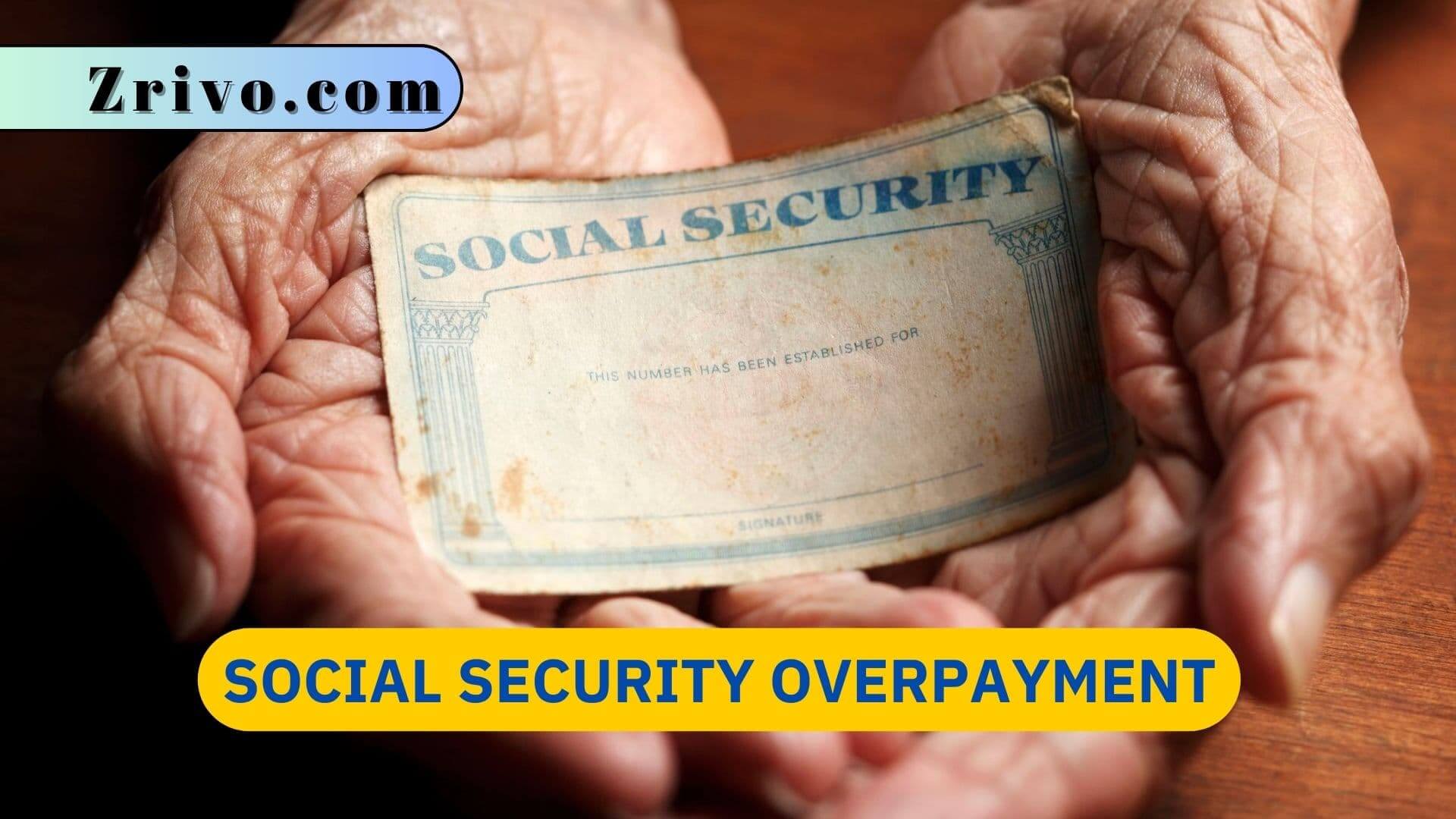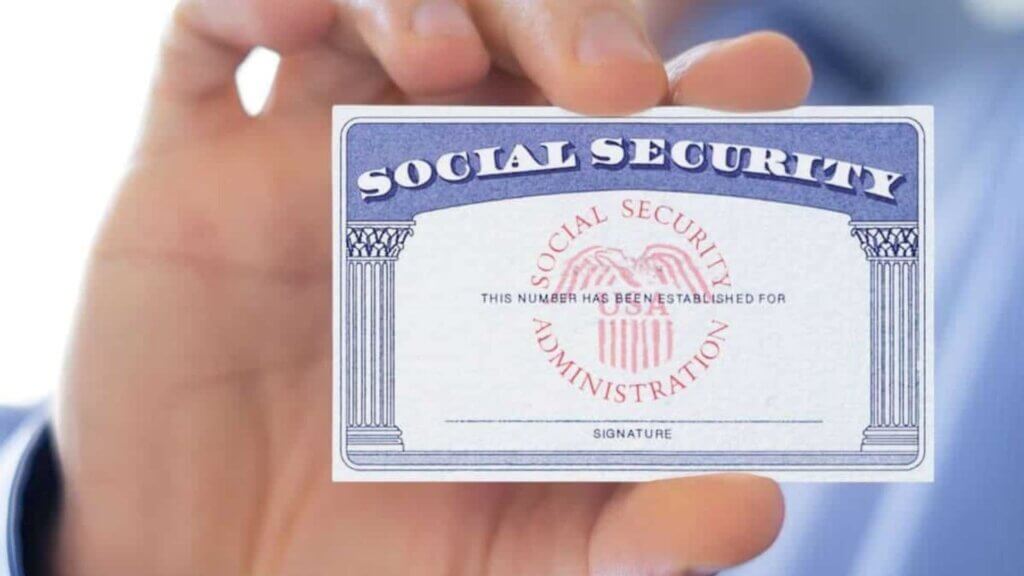
If SSA finds that you have received more money for a month than you should have, it must first ask you to submit a “Request for Reconsideration.” You can get the form from your local Social Security office or online. It is important to fill this out and submit it within the time frame given in your notice. In the request, explain that you disagree with SSA’s decision or the amount of the overpayment. You can also ask for a waiver of the overpayment, provided that you show that it was not your fault and that you do not have enough money to pay back the overpayment.
SSA may arrange a payment plan with you if you can’t afford to pay the overpayment in one lump sum. It can reduce your monthly check by as little as 10% until the overpayment is satisfied. In some cases, SSA can even waive the overpayment entirely. However, a waiver of an overpayment is not guaranteed. You have to prove that forced repayment would cause an undue hardship and prevent you from meeting your basic needs for shelter and food.

Do You Have to Pay Back SSA If It Overpays You?
If SSA determines you were overpaid, it will send you a notice explaining the overpayment and how to respond. It will also explain how SSA can collect the overpayment. The notice will specify when the agency can begin withholding money from your SSI checks or direct deposit (either 30 days after receiving the overpayment notice or 60 days if you were overpaid while receiving SSDI).
If you decide that you did not get overpaid at all or that the amount of the overpayment is incorrect, file a request for reconsideration by filling out form SSA-561. If you can show that you cannot afford to repay the overpayment at the specified rate, SSA may agree to reduce your deduction percentage or waive repayment altogether. You must submit proof of your expenses, such as bills and receipts, to request a waiver. If SSA denies your request for reconsideration, you can ask for a hearing in front of an Administrative Law Judge. To do so, fill out form SSA-632.
How Do I Repay My SSI Overpayments?
The first step is to file a Request for Reconsideration of the overpayment amount. It’s best to do this online, but you can call your local Social Security office and ask them to take the appeal over the telephone. The form includes sections where you can describe why you think SSA was wrong and why you should not have to repay the money.
For example, if an inheritance was left in trust for the beneficiary’s special needs and you can prove that it was not countable income (and thus should not have been included in your SSI resource calculation), then you should tell SSA about this. Also, if you can show that it would be unfair to make you pay back an overpayment because of financial hardship, then this should be included in your appeal.
The second thing you should do if you disagree with SSA’s decision is to ask for a hearing. This is a process overseen by an administrative law judge. If you don’t agree with the judge’s decision, then you can ask for a further review by the Appeals Council and, ultimately, a petition in federal court. If you do not do any of these things within 65 days after receiving a Notice of Overpayment from SSA, then SSA can begin withholding all or a portion of your monthly SSI check until the overpayment is fully repaid.